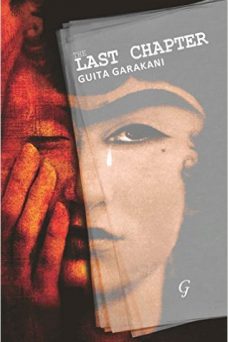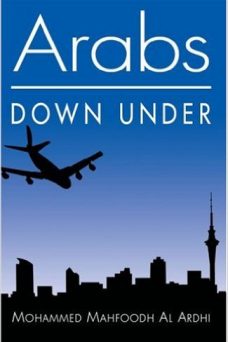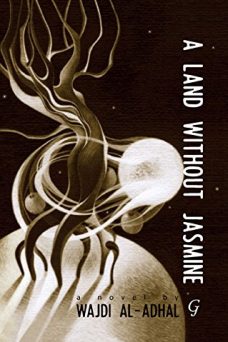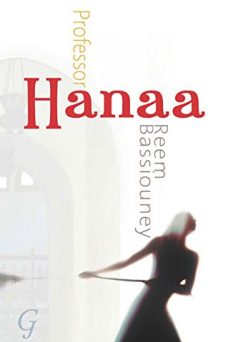The Seven Veils of Seth: A Modern Arabic Novel from Libya
Ibrahim Al-Koni
£9.99
In the ancient Egyptian religion, Seth is the evil god who out of jealousy slays his brother Osiris, the good god of agriculture, to seize the throne. Seth is, however, also the god of the desert and therefore a benevolent champion of desert dwellers like the traditionally nomadic Kel Tamasheq, better known as the Tuareg. In The Seven Veils of Seth, the world-renowned, Libyan, Tuareg author Ibrahim al-Koni draws on the tension between these two opposing visions of Seth to create a novel that also provides a vivid account of daily life in a Tuareg oasis. Isan, the novel’s protagonist, is either Seth himself or a latter-day avatar. A desert-wandering seer and proponent of desert life, he settles for an extended stay in a fertile oasis. If Jack Frost, the personification of the arrival of winter, were to visit a tropical rain forest, the results might be similarly disastrous.Not surprisingly, since this is a novel by Ibrahim al-Koni, infanticide, uxoricide, serial adultery, betrayal, metamorphosis, murder by a proxy animal, ordinary murder, and a life-threatening chase through the desert all figure in the plot, although the novel is also an existential reflection on the purpose of human life. Ibrahim al-Koni typically layers allusions in his works as if he were an artist adding a suggestion of depth to a painting by applying extra washes. Tuareg folklore, Egyptian mythology, Russian literature, and medieval European thought elbow each other for room on the page. One might expect a novel called The Seven Veils of Seth to be a heavy-handed allegory. Instead, the reader is left wondering. The truth is elusive, a mirage pulsing at the horizon.












